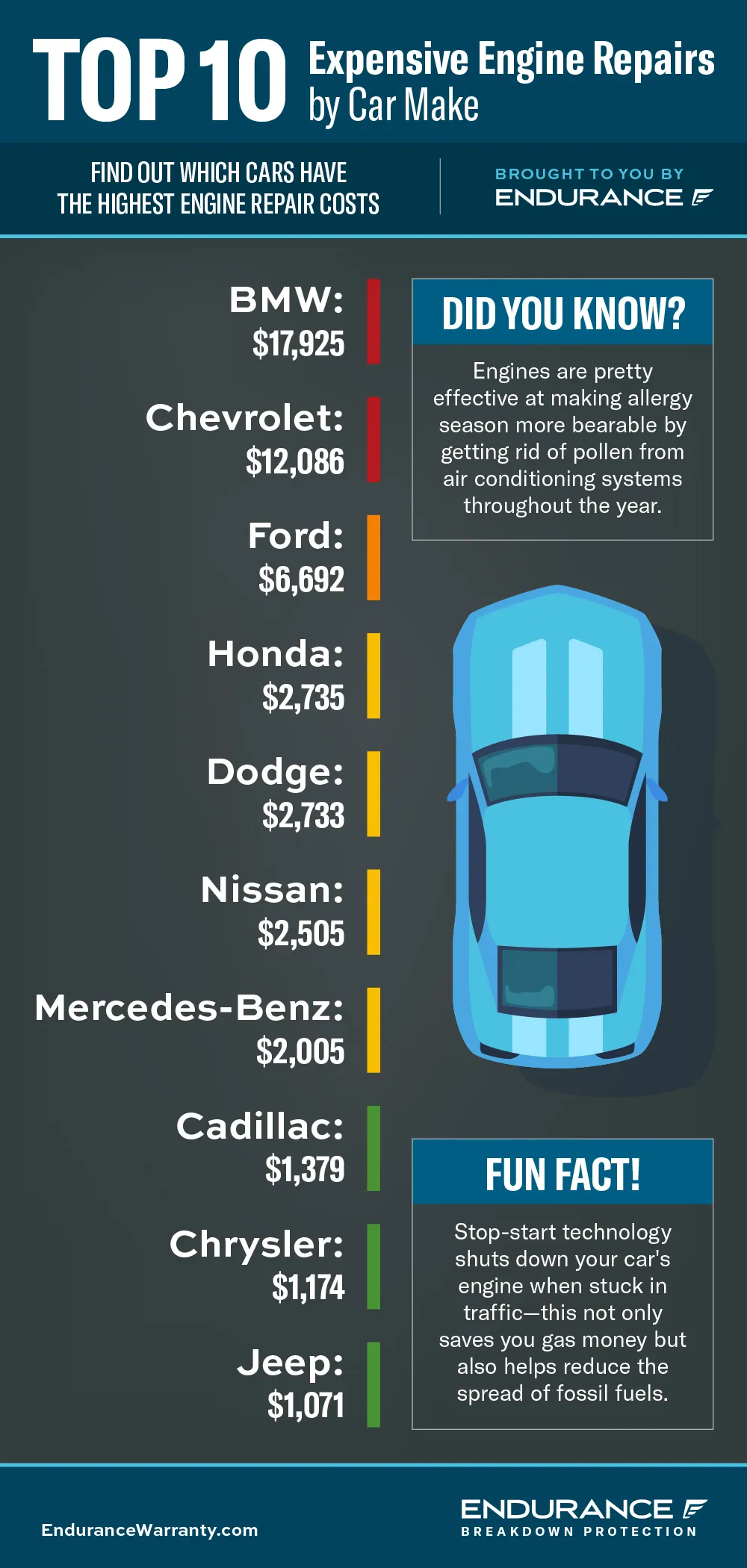Choosing the right fuel supplier can feel like navigating a labyrinth, especially with the fluctuating market prices and diverse range of options available. Understanding the nuances of this industry is crucial for businesses and individuals alike, impacting not only your budget but also your operational efficiency and environmental responsibility. From understanding the different types of fuel offered to scrutinizing the terms and conditions of your contract, a proactive approach is essential. This guide aims to demystify the process, providing you with the knowledge necessary to make informed decisions when selecting a fuel supplier.
Understanding the Fuel Landscape
The fuel industry is a complex web of producers, distributors, and retailers, each playing a vital role in getting fuel to your tank. Before diving into the specifics of choosing a supplier, it’s important to understand the different types of fuel available and their respective uses:
- Gasoline: Primarily used for powering gasoline-powered vehicles. Different grades offer varying octane levels, impacting engine performance.
- Diesel: The fuel of choice for heavy-duty vehicles, trucks, and some passenger cars, known for its higher energy density.
- Heating Oil: Used to heat homes and businesses, particularly in colder climates.
- Propane: A versatile fuel used for heating, cooking, and powering appliances, both residentially and commercially.
- Renewable Fuels: Including biofuels like ethanol and biodiesel, offering a more sustainable alternative to traditional fossil fuels.
Key Considerations When Choosing a Fuel Supplier
Selecting the right fuel supplier involves more than just comparing prices. Consider these crucial factors:
Price and Payment Terms
- Fixed vs. Variable Pricing: Fixed pricing offers predictability but may not capture market dips. Variable pricing reflects market fluctuations but can be unpredictable.
- Payment Schedules: Understand the payment terms and deadlines to avoid late fees and potential disruptions in service.
- Hidden Fees: Scrutinize the contract for any hidden fees or surcharges that could inflate the final cost.
Reliability and Delivery
A reliable fuel supplier ensures consistent delivery, preventing disruptions to your operations or home life.
- Delivery Schedule: Confirm their delivery schedule and whether they offer emergency delivery services.
- Supply Chain: Inquire about their supply chain to understand their ability to meet your fuel needs during periods of high demand or supply shortages.
- Customer Service: Evaluate their customer service responsiveness and helpfulness in addressing your concerns.
Contract Terms and Conditions
Thoroughly review the contract before signing to understand your rights and obligations.
- Contract Length: Consider the length of the contract and whether it aligns with your long-term needs.
- Termination Clauses: Understand the conditions under which you can terminate the contract without penalty.
- Liability: Clarify the supplier’s liability in case of fuel spills or other incidents.
Making the Informed Decision
Researching and comparing different suppliers is paramount. Don’t hesitate to ask questions, request references, and negotiate terms. Consider reading online reviews and checking with industry associations for information on supplier reputation. The key is to find a fuel supplier that not only offers competitive pricing but also provides reliable service and transparent contract terms. Ultimately, your due diligence will empower you to secure a favorable and sustainable fuel supply solution.
Choosing a fuel supplier requires careful consideration of various factors, ensuring you find a partner that meets your specific needs and budget. Understanding the fuel options, evaluating supplier reliability, and scrutinizing contract terms are all crucial steps in the process. With the right approach, you can navigate the complexities of the fuel market and secure a reliable and cost-effective fuel supply.

